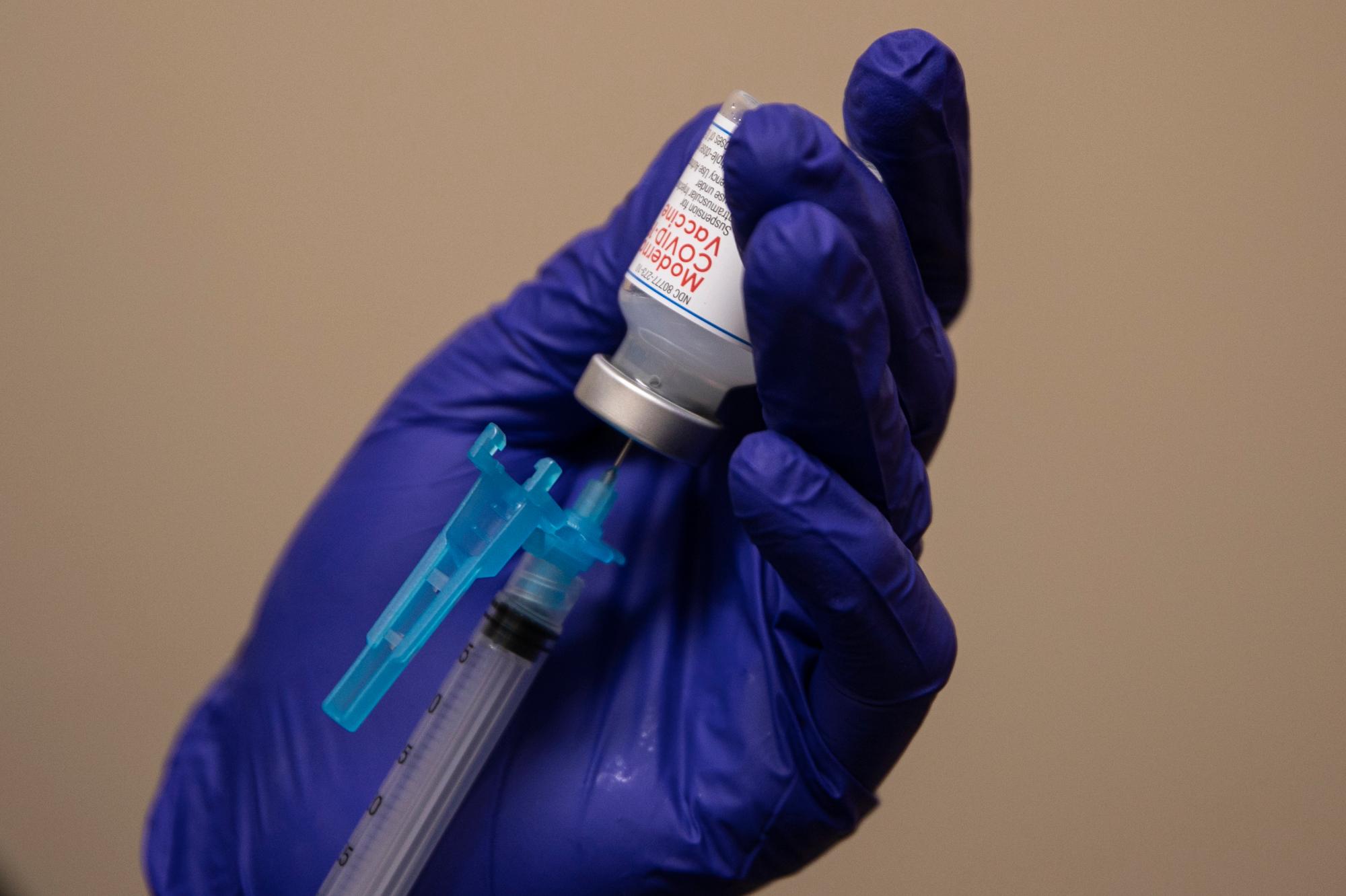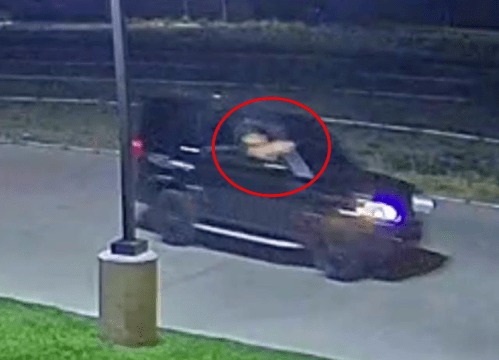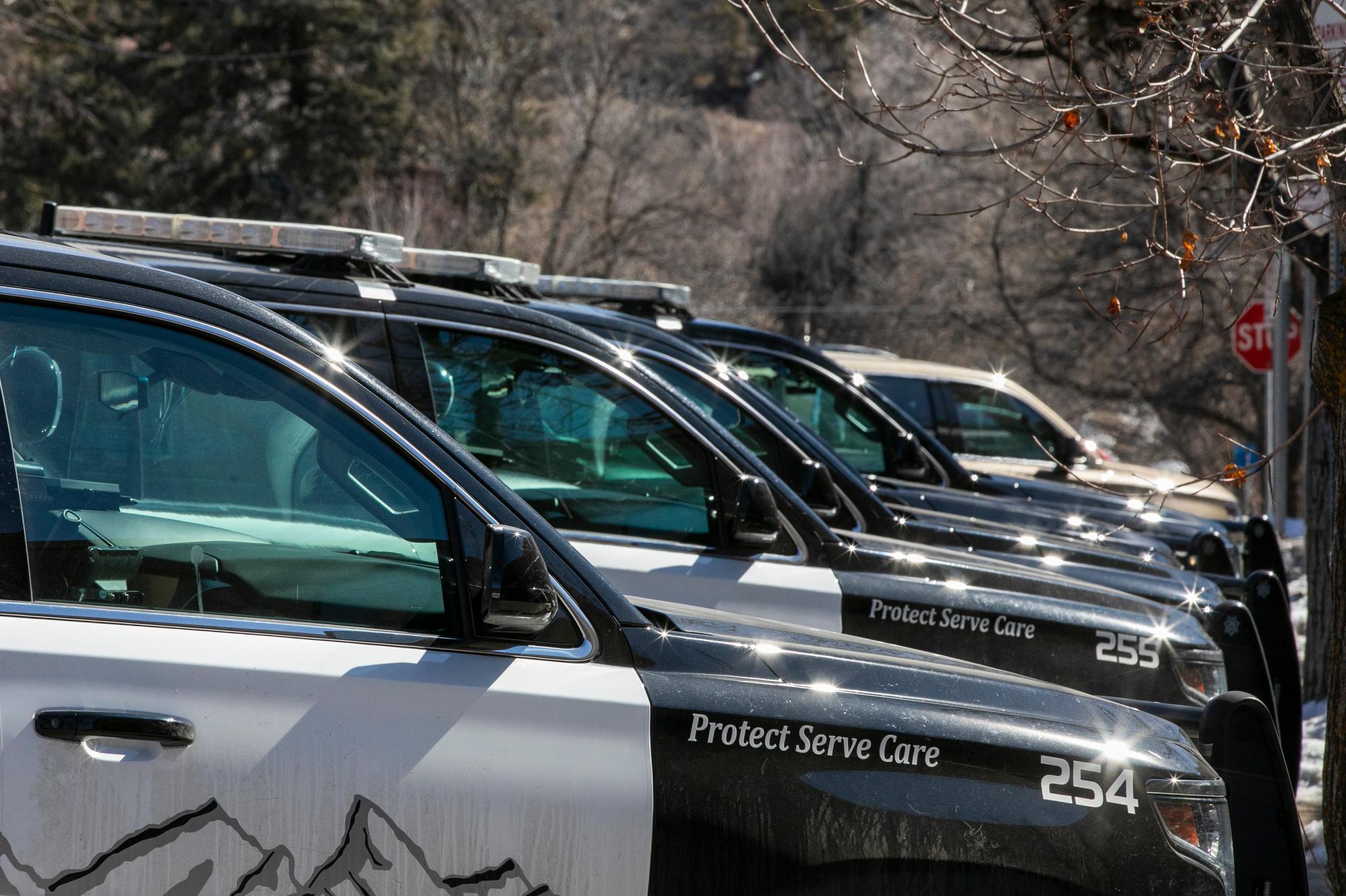
COVID-19 mutates and people are left to wonder where they stand with masks, vaccines and life in general. We get answers to your questions from a leading ICU pulmonologist, Dr. Anuj Mehta of Denver Health. And CPR health reporter John Daley is tracking how infections can vary between neighborhoods just blocks apart.
Read the transcript of Ryan's interview with Dr. Mehta here:
Ryan Warner: You were with us less than three weeks ago, and I think the hope was that by now there might be a better handle on things. Is there?
Dr. Anuj Mehta: Unfortunately not. I think that the way the CDC director described it as a pandemic of unvaccinated people, I think we're there. I think there are some hospitals in the state in areas with low vaccination rates that are being heavily strained and they're seeing the most increase in numbers. Then in areas where there's higher vaccination rates, we're not seeing as much of an increase in caseload. So, it's really a two track pandemic right now.
RW: A two track pandemic. Is there anything about the reopening of life, Doctor, that you personally have pulled back on as a, I know, vaccinated person?
AM: Yeah, and a lot of it's influenced by the fact that I have, and I've mentioned this before, I have two kids who are not eligible yet for the vaccine and so we're still not doing a ton. I wear a mask wherever I go, even into grocery stores even though I'm vaccinated and that's really to support my kids. We're not keeping them at home, but when we go out to grocery stores or things like that, or even at the park where they're around other kids, I have them wear a mask, because they're still vulnerable, there's still potential that they can get sick.
We're seeing growing data of increased hospitalizations in kids, and there was a report recently that kids that get COVID are really similar to adults at risk for those long hauler symptoms. So, a lot of what I do is influenced by how I can best protect my family and also work to try and keep schools and daycares and camps open.
RW: Long haul kids is a thought that I don't cherish having for sure. Listener Dan Gravy of Wheat Ridge wants to know about young children's likelihood of contraction. He reached out on Twitter, and this is of course against the backdrop of back to school.
AM: Yeah.
RW: Go ahead.
AM: Yeah, so I think it's something we all need to be very cognizant of. Kids can get COVID, they can get sick from COVID, and really unfortunately kids can die from COVID. We do see that it's a lot less than adults, but it's not nothing. Kids that have weak immune systems, kids that may have asthma, they may be more susceptible to it. But any kid can get it, and the impact is not just whether your kid is sick or not. My kids are in summer camp right now, and so if they were to get sick, their entire class has to quarantine.
Similarly, when schools open, if a kid gets sick in a class then everybody in that class is a close contact. But since they're not really doing the same isolation procedures that they did when we first opened schools, you can imagine the number of "close contacts" who are not vaccinated.
So I'm really concerned about the overall impact on schools, because the mental health impact of staying home for kids is really just terrible and traumatic. Homeschooling has left so many people behind in the last year or so. My biggest concerns are actually for school with the uptake in the Delta variants, because even in vaccinated communities it only takes one case.
RW: It only takes one case. Jen Berks of Fort Collins notes that some districts are already saying masks may be optional, and she wonders how parents with elementary age students who are indeed not old enough for the vaccine can keep kids safe. Any specific steps beyond what you've told us?
AM: Yeah, so my personal opinion aligns with the CDC recommendations, that kids that are going to school who are not vaccinated should be wearing masks. I am in personal support of a state mandate for kids in schools, both public and private and daycare settings that are of the age where they could wear a mask to wear masks if they're not vaccinated. Again, you could take the extreme of that, of all kids in schools should wear masks, but we know that some older kids can be vaccinated.
I'm in strong support of that, because I think that this is a population where the vaccination rate in kids under 12 is 0%, so the potential to spread it is pretty high. Delta is far more contagious than the previous variants and so it changes our calculus. I've heard of so many anecdotal stories about people at a party where a few people were vaccinated, a lot of people weren't vaccinated, one person was sick and everybody that wasn't vaccinated got sick with COVID or at least tested positive, and none of the people that were vaccinated tested positive.
So, I think masks are really critical to how we envision reopening schools. I do think that reopening schools is critical, in-person learning is critical, and then I think that's why the CDC has come out with those recommendations. But it is going to take, I think, either a local DPS mandate or a statewide mandate.
RW: Well, I'm curious, just briefly, if you have conveyed that message to the state? Because you've done some consulting with the state. I wonder, have you given that message to say Dr. Rachel Herlihy at the Department of Health or to the governor himself?
AM: I've been working in the ICU for the last couple of weeks, so I haven't had the chance, but I think a lot of people that have talked to me, even in passing, kind of know my opinion of that. I haven't been shy about that.
RW: Also on Twitter, Josh of Denver asks how at risk are vaccinated people with the Delta variant and are the risks different depending on the vaccine you received? Doctor, we spoke to this briefly the last time you were on, any new research on how each of the three vaccines is responding with Delta?
AM: I think the current vaccines in the U.S. are very effective against Delta. You may test positive, but the chances of getting sick, the chances of being in the hospital and the chances of dying from COVID are exceedingly low if you have any of the vaccines available in the United States. But we are seeing that there's an increase in the number of people that are not showing up for their second dose of say Moderna or Pfizer. Where a single dose may have offered a little bit of protection against the original form of COVID, we have growing data that a single dose of Moderna or Pfizer really offers no protection. So you need to be fully vaccinated, and once you're fully vaccinated, the chances of getting sick are really, really low.
RW: We have of course seen some breakthrough cases, and we've seen this touch say the Colorado Rockies, for instance, including manager Bud Black. There's a story last week in The Boston Globe that talked about fully vaccinated people who have still died from COVID, I believe the number was 79. Will you help put those breakthrough cases into context, contrasted to what you just told us about the very good protection?
AM: Yeah. So breakthrough cases exist, and as I said, you could still get COVID, test positive after being fully vaccinated. A lot of people are still getting routine testing, so the Rockies are under a routine testing protocol. So you may see positives, but they're not going to get sick. Those cases in Massachusetts, it's interesting. So, those are 79 out of thousands of cases.
RW: Yeah.
AM: We don't know for a fact that they died of COVID. We know they died with COVID, but they could have had a heart attack completely unrelated to COVID. So, I think that's an interesting caveat that we don't know. We are starting to think that there are certain populations where the vaccine may be less effective than the general population. So people with weak immune systems, this has been in the news media a lot about whether they need an extra booster, we just don't know right now.
But they're investigating those cases to identify is there a common thread, were all of these people, did they all have a weak immune system? Were they taking medications to weaken their immune system or something else? So, what I'm seeing and what I think most people are seeing are healthy people or people with even co-morbidities like lung disease or diabetes who have intact immune systems and are fully vaccinated. I'm just not seeing them in the hospital, I really am not.
RW: You're listening to Colorado Matters. I'm Ryan Warner. We're grateful to Dr. Anuj Mehta who's taken time out of his rounds as an ICU pulmonologist to check back in with us specifically on the Delta variant. Lest I give our listeners more weight to carry, should we be thinking about other variants besides Delta at this point?
AM: Yeah, there are other ones out there. The one in South America that's actually running rampant is Lambda. So, it's a Greek alphabet and there are going to be more. The key thing is for those people that are unvaccinated, they're a breeding ground for new variants. So not only does being vaccinated protect you from getting COVID, the unvaccinated population is where new variants arise, even if they don't get sick. So even more reason to get vaccinated, protect yourself, protect each other, protect your community, keep schools open, keep our economy open. I really urge everybody to get vaccinated, and if you're not vaccinated, please wear a mask.
RW: I have heard some lawmakers say the choice of whether to be vaccinated is a personal choice. While there are certainly personal considerations, what I think I hear you saying is that if you choose to be unvaccinated and you otherwise could be, you are contributing to the viral soup, the variant soup.
AM: I 100% agree with that statement. If you choose not to be vaccinated, I agree it's a personal choice, then you are putting your community at risk, so do the next best thing and wear a mask.
RW: The next best thing. I wonder if we could talk just a bit about that disparity you reflected on earlier geographically, because Delta is indeed causing a rise in the number of COVID cases in Colorado. In Larimer County, the seven day case rate of Delta has doubled in less than a month, Mesa County has reported more than 600 cases of the variant. This is interesting. According to the state, the number of vaccinations dropped by more than 68% between the start and end of that vaccine lottery in which five people won a million dollars.
The Denver Post reports that the decrease suggests the lottery didn't do much. The governor's office says the drop would have been even sharper without it. Are we at a point of a vaccine obstinance as one University of Texas infectious disease specialist put it?
AM: I think there's data that there are two groups. There are the vaccine apathetic, meaning they're just not so interested in it. They would really need a kick in the pants to go get vaccinated, either a mandate from their employer or really considering the ramifications for schools and environments. Then the second group I think are, as you said, the vaccine obstinate. These are their hard nose, these are the people that either have been COVID deniers all along, which again, I'm in the ICU, I am taking care of people in the ICU who are dying of COVID, so it is real, or the people that are never going to get a vaccine of any type. So, that's the vaccine obstinate or what we call hard nose.
There's a decent number of people that just need a little bit of a boost, friends and family talking to them. Getting good information I think is critical, and so I [inaudible 00:12:17] all the media outlets like CPR that are outputting real good information out there, and avoiding fake news I think is really critical to try and reach the people that can still be convinced.
Maybe what it'll take is really in people seeing the ramifications for schools and the economy come the fall. That's my biggest concern is people are going to face issues with potential classroom closures or if not school closures. My wife and I can't function when our kids are not in school and my kids thrive in school and they need that to learn and grow, and I know that's true for most parents and most kids.
RW: Thank you so much again, Dr. Dr. Mehta. I appreciate your time.
AM: Of course. Thank you so much, Ryan.








